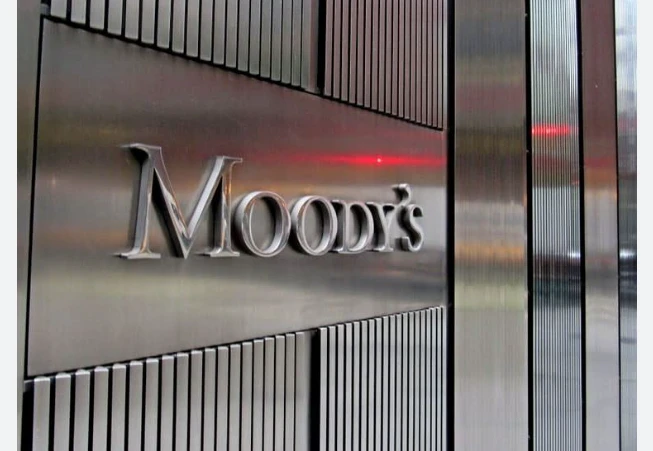Moody’s upgrades Pakistan’s ratings to Caa2

Stay tuned with 24 News HD Android App

Moody’s Ratings on Wednesday upgraded the Government of Pakistan’s local and foreign currency issuer and senior unsecured debt ratings to Caa2 from Caa3. “We have also upgraded the rating for the senior unsecured MTN programme to (P)Caa2 from (P)Caa3. Concurrently, the outlook for Government of Pakistan is changed to positive from stable,” read the statement issued on Wednesday, reported 24NewsHD TV channel.
The upgrade to Caa2 reflects Pakistan’s improving macroeconomic conditions and moderately better government liquidity and external positions, from very weak levels. “Accordingly, Pakistan’s default risk has reduced to a level consistent with a Caa2 rating,” it said.
The global credit rating agency said that “there is now greater certainty on Pakistan’s sources of external financing, following the sovereign’s staff-level agreement with the International Monetary Fund (IMF) on 12 July 2024 for a 37-month Extended Fund Facility (EFF) of $7 billion”.
“We expect the IMF Board to approve the EFF in the next few weeks,” it said.
In its report, Moody’s noted that Pakistan’s foreign exchange reserves have about doubled since June 2023, although they remain below what is required to meet its external financing needs. “The country remains reliant on timely financing from official partners to fully meet its external debt obligations,” it said.
The agency said Pakistan’s Caa2 rating continues to reflect the country’s “very weak debt affordability, which drives high debt sustainability risk”.
“We expect interest payments to continue absorbing about half of government revenue over the two to three years.”
The Caa2 rating also incorporates the country’s weak governance and high political uncertainty, it said.
On the other hand, the positive outlook reflects a balance of risks skewed to the upside. It captures the possibility that the government is able to further lower its government liquidity and external vulnerability risks, and achieve a better fiscal position than we currently expect, supported by the IMF programme, said the credit rating agency.
“Sustained reform implementation, including revenue-raising measures, can increase the government revenue base and improve Pakistan’s debt affordability,” it said.
Moreover, a record of completing IMF reviews on a timely manner would also allow Pakistan to continually unlock financing from official partners, sufficient to meet its external debt obligations and support further rebuilding of its foreign exchange reserves, it said.
Back in July, Pakistan and the IMF reached a staff-level agreement for a 37-month loan programme. But the final approval will need to come from the IMF Executive Board after Pakistan secures “timely confirmation of necessary financing assurances from development and bilateral partners.”
This includes rollovers or disbursements on loans from Pakistan’s long-time allies Saudi Arabia, the United Arab Emirates, and China.
Meanwhile, Moody’s on Wednesday said the upgrade to Caa2 from Caa3 rating also applies to the backed foreign currency senior unsecured ratings for The Pakistan Global Sukuk Programme Co Ltd. “The outlook for The Pakistan Global Sukuk Programme Co Ltd is positive,” it said.
“We have also raised Pakistan’s local and foreign currency country ceilings to B3 and Caa2 from Caa1 and Caa3, respectively.”
Moody’s was of the view that the two-notch gap between the local currency ceiling and sovereign rating is driven by the government’s relatively large footprint in the economy, weak institutions, and high political and external vulnerability risk. “We estimate Pakistan’s external financing needs to be about $26 billion for fiscal 2025 (ending June 2025), comprising of around $22 billion of external principal debt repayments in fiscal 2025 and another $4 billion (about 1% of GDP) to finance the current account deficit,” said Moody’s.
Pakistan’s financing needs for fiscal 2026-2027 will be similar, it projected.
Moody’s expects Pakistan will be able to cover its financing needs with funding from official partners, although there remains uncertainty around the government’s ability to sustain reform implementation.
Reporter Ashraf Khan
